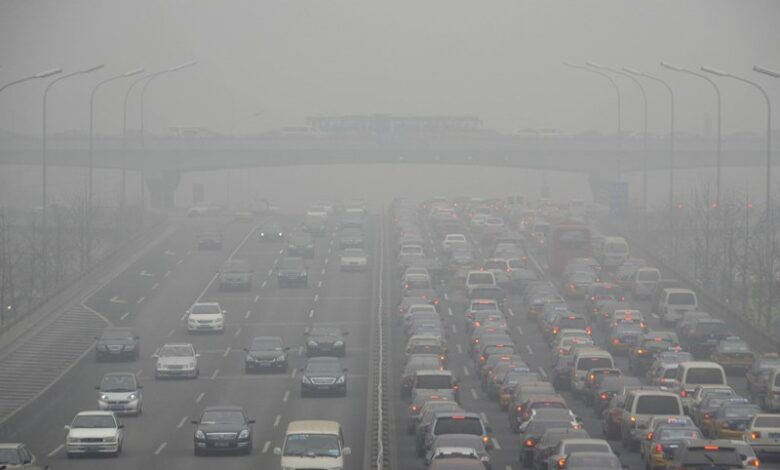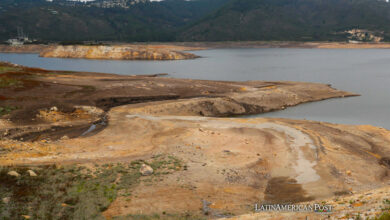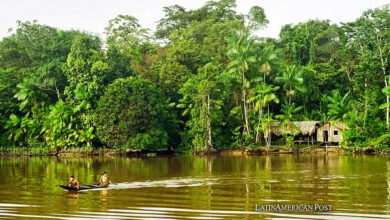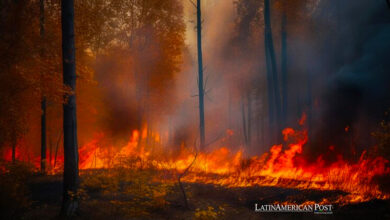Prohibiting cars may not help clean up the air


In response to declining air quality cities like Paris, Beijing and New Delhi are implementing strict rules against vehicles use. In Latin America, Bogota along with other Colombian cities have programs known as ‘pico y placa’ to keep cars off the streets for a few hours or the whole day depending on the last number in their license plate. Since 1989 Mexico City has a similar program known as ‘Hoy No Circula’ that in 2008 included Saturdays on their restriction policies.
But a new study published on February 2 in Scientific Reports found “little evidence that the program [Hoy No Circula] expansion improved air quality.” The paper used hourly data from pollution monitoring stations to measure the effect of the Saturday expansion on air quality.
“The program expansion had virtually no discernible effect on pollution levels. These disappointing results stand in sharp contrast to estimates made before the expansion which predicted a 15%+ decrease in vehicle emissions on Saturdays,” reads the report. According to the authors there is no evidence the restriction was successful in getting drivers to switch to lower-emitting transport systems.
According to Lucas Davis, an associate professor at the University of California, Berkeley, people found ways around the ban. “Rather than switching to public transportation or staying at home, the evidence suggests that drivers instead respond to the Saturday restrictions getting rides from other drivers,” he told Quartz.
The problematic isn’t simple. The World Health Organization estimates that air pollution causes 3.7 million deaths annually. Vehicles play a central role in this as driving emits large amounts of pollution close to human populations. This is problematic especially considering that by 2030 there will be more than 1.7 billion cars and trucks in the planet. Also, WHO warned that 80% of the people living in urban areas whose air pollution levels are monitored are subjected to air quality levels that are below UN standards.
More so, back in 1992 the UN declared Mexico City as the world’s most polluted city. The city has had a massive growth in the use of cars and its geographic location, surrounded by mountains, makes it difficult to tackle pollution.
“You have to go more directly after pollution,” told BBC Mr. Davis. “So that means increasing the cost of driving, and that means higher gas prices, or congestion pricing or parking and it also means more emissions testing and making it more stringent.”
LatinAmerican Post | Maria Andrea Marquez




